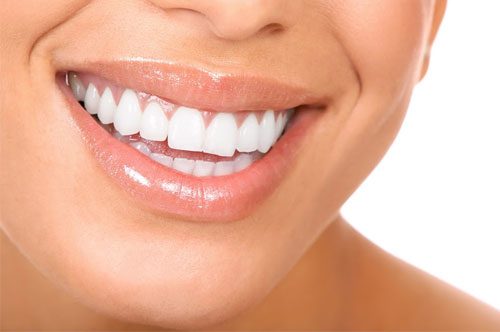So you snore. Big deal, right? Sure, maybe your spouse complains, perhaps your family ribs you about it. You may assume that snoring is just one of those things that comes with age and there’s little reason — or way — to do anything about it.
Sometimes, snoring is just snoring. But often, it’s not. It can be a symptom of a much more serious problem called sleep apnea. It’s estimated that up to 22 million americans suffer from this disorder, and that an astonishing 80% of them are undiagnosed. Believe us: you don’t want to be part of that statistic. And you don’t have to be.
At Highland Advanced Dental Care, we have solutions that will get you (and your partner) sleeping soundly once again. To schedule a consultation, call 248-329-3552.
A Serious Health Problem
Obstructive sleep apnea occurs when your airway is obstructed as you sleep — most commonly, by collapsed soft tissue from the back of the throat. You literally stop breathing, often hundreds of times throughout the night. The disorder has profound consequences, both on your quality of life and your health. You are at a high risk for traffic accidents due to sleepy driving. And the condition is associated with high blood pressure, heart attacks, stroke, diabetes, and depression.
Know the Symptoms
While snoring may be the most obvious sign of disrupted sleep, the condition comes with a host of possible symptoms.
- Frequent, abrupt awakenings
- Dry or sore throat in the morning
- Headaches when you wake up
- Insomnia
- Daytime fatigue
- Difficulty staying awake while driving
- Moodiness and irritability
- Inability to focus or pay attention
- Episodes of breathing cessation at night (as noticed by another person)
Assessing Your Risk
While the sleep disorder can affect a variety of people, certain factors increase your likelihood of developing it.
- Your risk increases as you get older
- People who are overweight are more likely to have it
- A wide neck circumference may indicate a narrower airway, which is more easily blocked
- Men are twice as likely to suffer from the disorder as women
- The condition may run in families
- Use of alcohol, sedatives, and tranquilizers relaxes the throat muscles and leads to collapse
- People who smoke are three times more likely to have obstructive apnea than non-smokers
Treatment at Highland Advanced Dental Care
CPAP machines are a widely known sleep apnea treatment. While they can be highly effective, they are cumbersome and uncomfortable, which leads to a low compliance rate. Research indicates that most people use their CPAP machines incorrectly.
We have a better way. After working with your primary care doctor to get an official diagnosis,
we can craft a simple, comfortable oral appliance for you to wear at night. It will keep your airway open so you breathe continuously and soundly. Plus, it’s small and portable, so you can easily take it with you on your travels!
For a sleep apnea consultation at Highland Advanced Dental Care, fill out our online form. Or call our Highland Township, MI office at 248-329-3552.
Visit Highland Advanced Dental Care
We can see you as soon as tomorrow!





